Swiss stop short of ban on trading Iranian oil
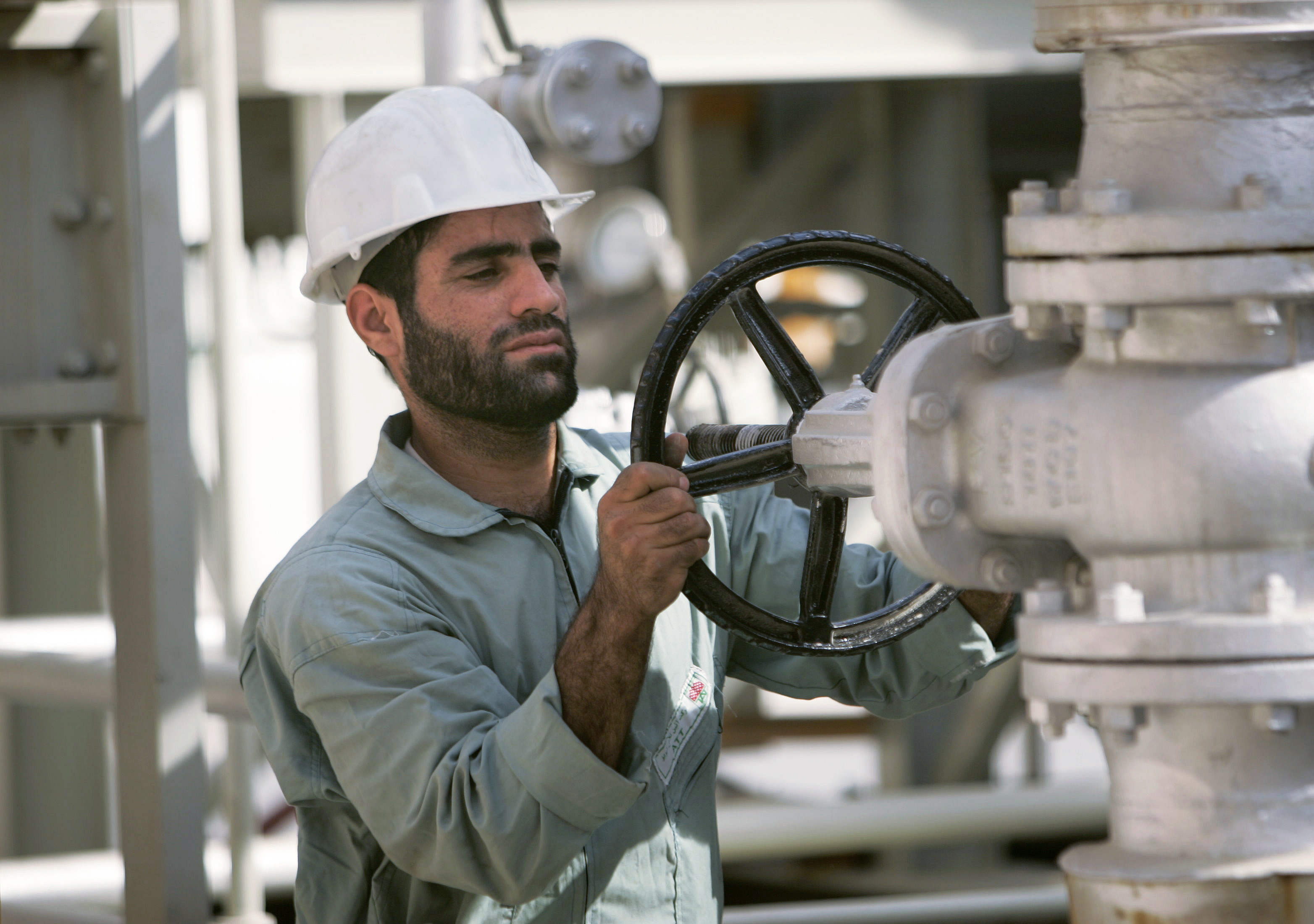
The government has decided to tighten economic sanctions against Tehran, but stopped short of implementing a ban on trading Iranian oil to match an embargo by the European Union or other measures by the United States.
Switzerland’s new set of sanctions, to come into force on July 6, includes a ban on supplying equipment for the petrochemical industry and telecommunications as well as the purchase and sale of precious metals and diamonds by the Iranian state authorities.
The rules governing the transfer of funds to cash transactions will also be tightened, according to a statement by the foreign ministry on Thursday.
“The current lists of dual-use goods whose export to Iran is prohibited or subject to authorisation have been modified. Financial sanction have been imposed against 78 individuals accused of serious human rights violations,” the statement said.
However, the government decided against an outright ban on trading Iranian oil, citing “foreign policy reasons”.
Switzerland has represented US interest in Tehran for more than 30 years. As part of its good offices, Switzerland has also tried to mediate unofficially in the long-standing dispute over Iran’s disputed nuclear programme.
A foreign ministry spokesman told the Swiss News Agency that Switzerland had every interest in keeping good relations with Iran.
Hub
Switzerland stopped importing crude oil from Iran six years ago, but correspondents say it is one of the top hubs for physical oil trading and hosts a branch of the National Iranian Oil Company, Nico.
The State Secretariat for Economic Affairs (Seco) declined to give details on business activities, but it pointed out that they were in line with EU sanctions.
Brussels imposed a ban on the import, purchase or shipping of Iranian oil from July 1. Washington for its part has also tightened its sanctions against Tehran.
The US ambassador to Switzerland, Donald Beyer, in June reportedly said that the US was disappointed that the traditionally neutral country had not adopted the EU embargo, adding that he did not expect Swiss authorities to permit the evasion of sanctions.
Switzerland is not a member of the EU, but it has close economic ties with the 27-nation bloc.
As part of the extended Swiss sanctions, the import, purchase, sale and shipment of crude oil, petroleum, petrochemical products as well as related financial and insurance transactions must be declared to Seco, in line with restrictive measures taken by the EU.
The Swiss authorities must also be notified of the supply of new bank notes and coins to Iran’s central bank.
The government said it might take “further measures based on reports received”.

More
Good offices
1936: Switzerland opens embassy in Tehran.
1979: Islamic revolution in Iran; students hold staff of US embassy hostage for 444 days. US breaks off diplomatic relations.
1980: Switzerland starts representing Washington’s interests in Iran, and providing consular assistance to US citizens in Iran.
2008: Swiss Foreign Minister Micheline Calmy-Rey in Iran to attend signing of gas agreement, sparking widespread criticism at home and abroad.
August, 2010: Switzerland adopts UN-imposed sanctions against Iran after it refuses to suspend its nuclear programme.
January, 2011: Swiss agree to step up sanctions in line with those imposed by the US, the EU and some other countries.
July, 2012: Swiss step up sanctions, but short of ban on trading in crude oil.
The five biggest Swiss-based commodity traders Glencore (which has announced a merger with Xstrata), Gunvor, Vitol, Trafigura and Mercuria are currently responsible for about one third of the world’s free markets in oil.
According to the Swiss National Bank, the net income from commodity trading increased tenfold between 2000 and 2010 to reach SFr17 billion.
It accounts for about 3% of Switzerland’s gross domestic product, more than the tourism industry.

In compliance with the JTI standards
More: SWI swissinfo.ch certified by the Journalism Trust Initiative

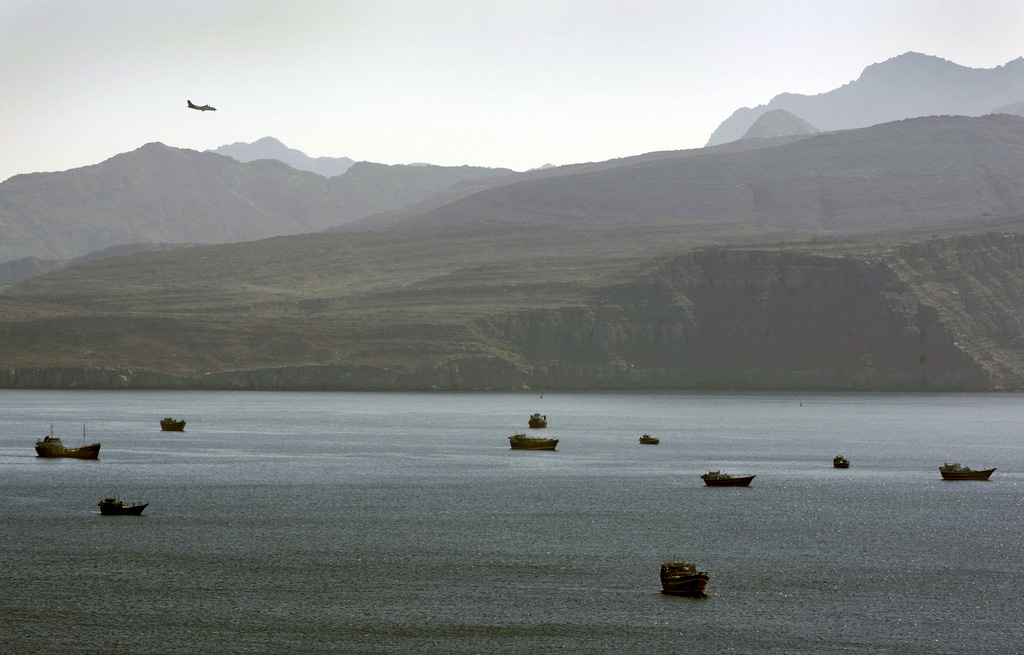
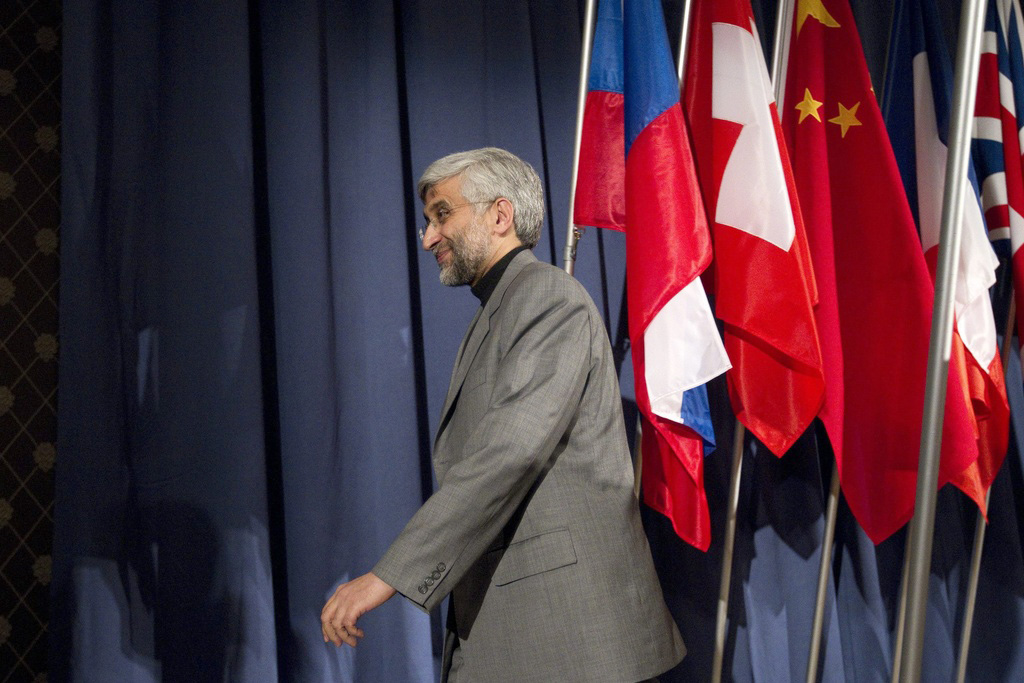
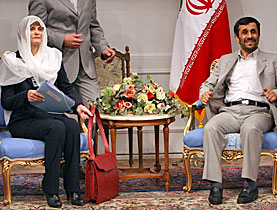
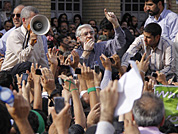
You can find an overview of ongoing debates with our journalists here. Please join us!
If you want to start a conversation about a topic raised in this article or want to report factual errors, email us at english@swissinfo.ch.